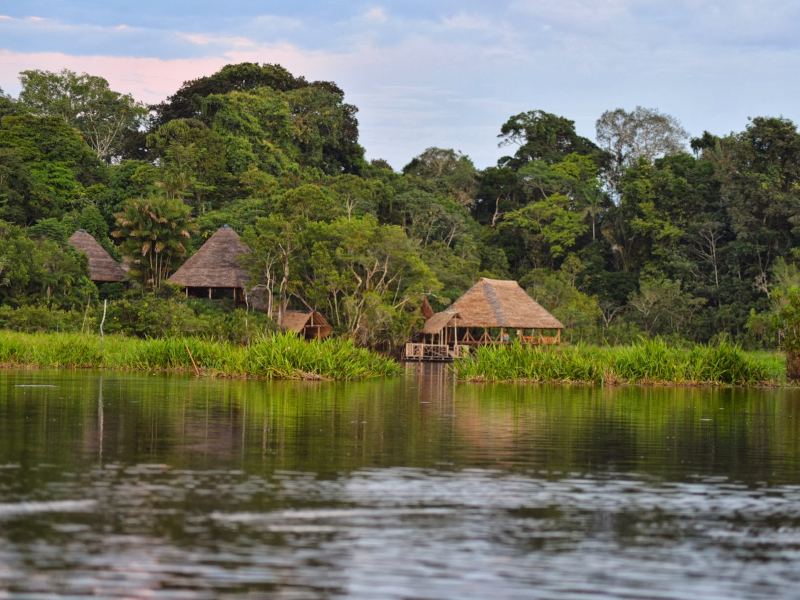On Sunday April 11th, 10-million-plus Ecuadorians will decide between two presidential candidates from distinct parties but with similar visions of extractivism. Both Andrés Arauz (Rafael Correa’s protégé) and Guillermo Lasso (a former banker) are openly pro-mining, and Canadian mining companies know it. Solaris Resources, whose VP has recently been accused of making death threats against Josefina Tunki, president of the Shuar Arutam People (PSHA) of the Ecuadorian Amazon, said recently, “Both candidates have strong pro-mining platforms: You’d be guaranteed of government support.”
In the face of this overt support for Canadian mining companies, mining-affected communities continue resisting the implantation of mining projects on their territories. Just in the last 3 months, the city of Cuenca overwhelming voted “no” to industrial mining in a local referendum; communities and organizations asked the Constitutional Court of Ecuador to hold a referendum on prohibiting mining activities in the Metropolitan District of Quito, PSHA filed a complaint with the International Labour Organization (ILO) against the Ecuadorian State for violating ILO Convention 169 in granting Solaris Resources access to their territory; and communities in the parish of Pacto, northwest of Quito, have been protesting against mining and in favour of biodiversity and water sources in the Chocó Andino reserve for 112 days as of today.
Despite a pandemic and a rising death toll, mining companies continue to operate.
Ecuador is a key destination for Canadian mining companies, so their enthusiasm about the outcome of this presidential election is understandable: regardless of who wins, their interests will continue to be protected. Key minerals such as gold and silver continue to be extracted from Indigenous and peasant territories even as the pandemic continues to take a heavy toll in the country. In fact, the mining business is booming. In line with other Chambers of Mines in the region, Ecuador’s Chamber of Mines says that “during the pandemic mineral exports almost tripled last year to over US$1 billion,”
If there's one thing Canadian mining companies and local organizations, communities, and Indigenous communities agree on, it's that both leading presidential candidates are pro-business and pro-mining. Guillermo Lasso has said that "Ecuador cannot afford to keep oil and mining resources underground," and plans to expand oil and mining exploitation. Andrés Arauz, meanwhile, proposes a “green” reindustrialization strategy and to “slow down the expansion of oil exploration in the Amazon.” However, his promises fall flat with land defenders and indigenous leaders who were persecuted by former president Rafael Correa, his political ally, for resisting mining and oil projects on their territories.
(Yaku Pérez, known as a long-time water defender and campaigner against large-scale mining, came a close third in the first round of the presidential election, obtaining only 32,115 votes less than Guillermo Lasso, who finished second.)
From North to South and from the highland páramos to the Amazon, Ecuadorians have expressed their strong opposition to large-scale mining, and particularly Canadian mining companies, time and time again.
